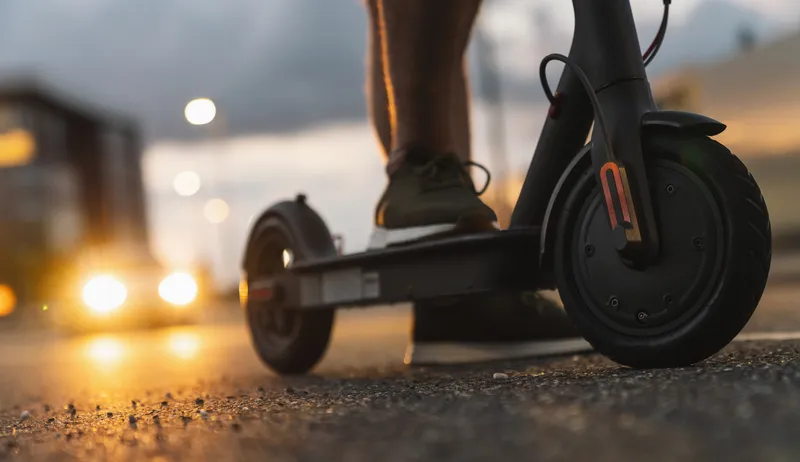Research by the traffic management company TomTom has found that over the past year, congestion levels have become more severe in eleven of the UK's seventeen largest cities, including London, Manchester, Sheffield, Liverpool, Brighton, Belfast and Newcastle
It states that on average, the overall amount of time that commuters spent stuck in traffic was nine working days. Congestion levels remained static in Glasgow, Bristol and Birmingham.
In contrast, congestion levels fell in Nottingham, Leeds, Brad
November 6, 2013
Read time: 2 mins
Research by the traffic management company 1692 TomTom has found that over the past year, congestion levels have become more severe in eleven of the UK's seventeen largest cities, including London, Manchester, Sheffield, Liverpool, Brighton, Belfast and Newcastle
It states that on average, the overall amount of time that commuters spent stuck in traffic was nine working days. Congestion levels remained static in Glasgow, Bristol and Birmingham.
In contrast, congestion levels fell in Nottingham, Leeds, Bradford and Edinburgh. TomTom attributes the higher congestion levels to the upturn in the economy, which has resulted in more traffic on the roads.
However, it also suggests that in some places it could have been caused by the introduction of more cycle lanes and pedestrian zones, which has taken away some road space. The Government forecasts that traffic on local roads will increase by 41 per cent by 2040, whilst traffic on motorways will increase by 46 per cent.
It states that on average, the overall amount of time that commuters spent stuck in traffic was nine working days. Congestion levels remained static in Glasgow, Bristol and Birmingham.
In contrast, congestion levels fell in Nottingham, Leeds, Bradford and Edinburgh. TomTom attributes the higher congestion levels to the upturn in the economy, which has resulted in more traffic on the roads.
However, it also suggests that in some places it could have been caused by the introduction of more cycle lanes and pedestrian zones, which has taken away some road space. The Government forecasts that traffic on local roads will increase by 41 per cent by 2040, whilst traffic on motorways will increase by 46 per cent.










